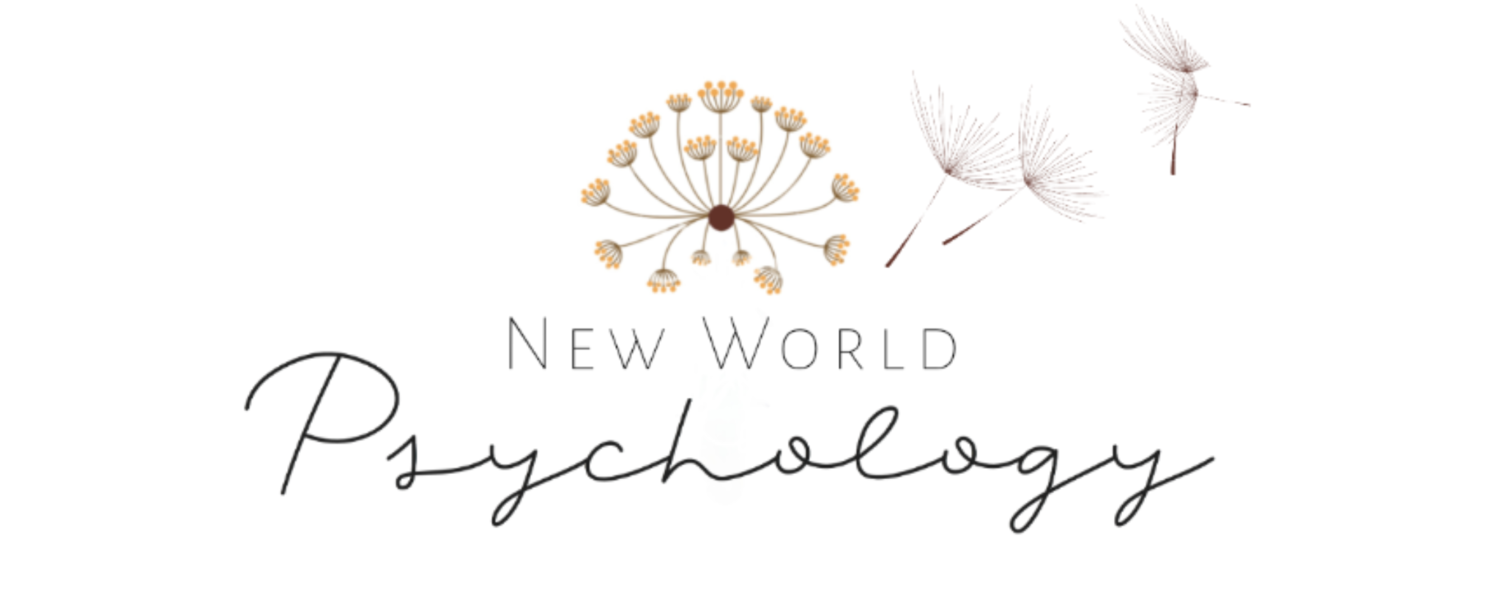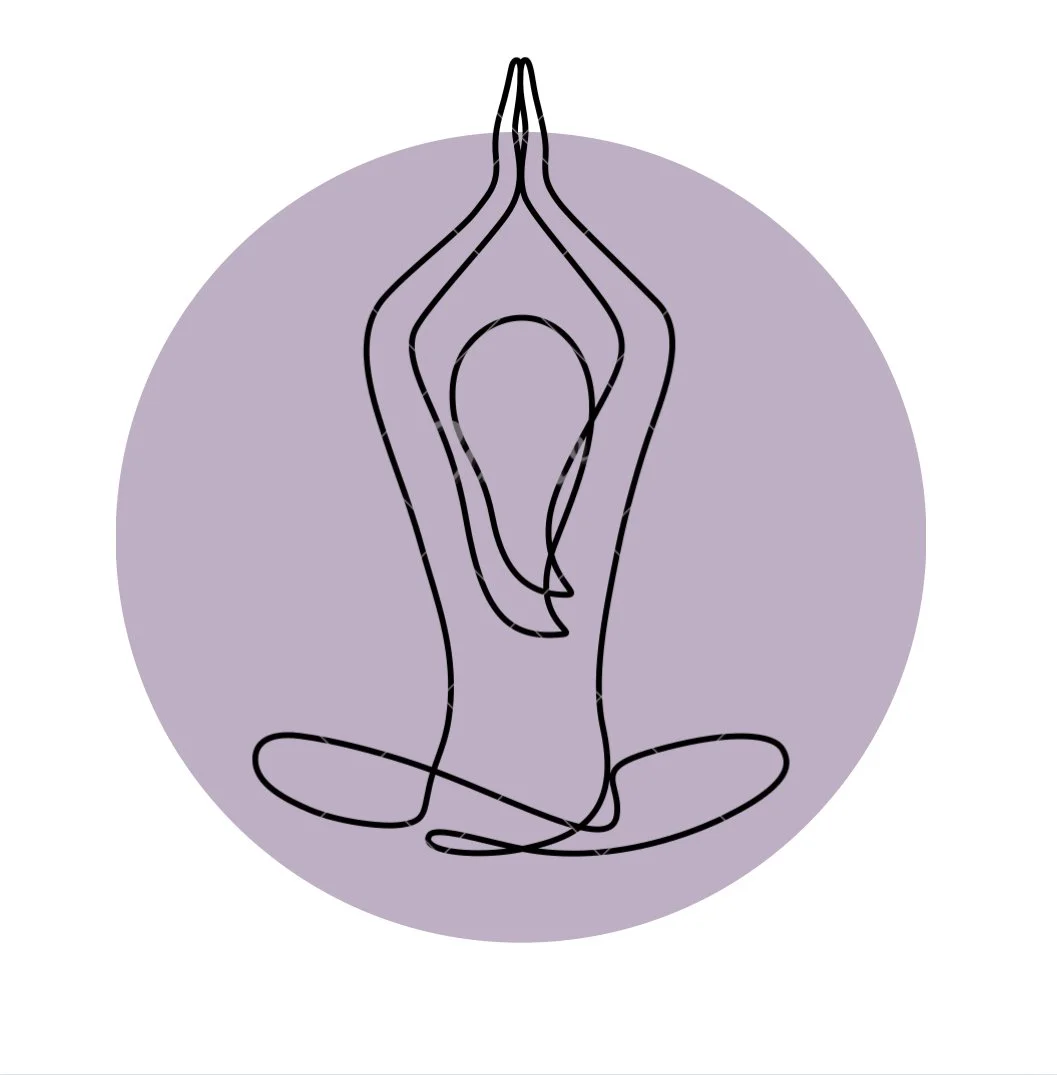
Modalities
“It’s a joy to be hidden, and a disaster not to be found.”
— D.W. Winnicott
At New World Psychology, we strive to provide you with the best evidence based treatment. We are also transparent and feel you should be aware and understand the type of treatment you are receiving and the reasons behind it.
Along with services and specialties are modalities and theories.
Therapeutic modalities refer to the types and methods of treatment provided, which are backed up by theory and empirical research. We are trained and skilled in these modalities and believe in, not only having the right fit clinician for your needs, but the right fit treatment.
Our Modalities.
Attachment Based
Play Therapy
Psychodynamic
Cognitive Behavioral Therapy (CBT)
Dialectical Behavioral Therapy (DBT)
Family Systems
Yoga and Movement Therapy
SandPlay Therapy
Learn more.
-
“In a nutshell,” Family Systems Theory is a theory of human behavior. It defines the family as a complex social system in which members interact to influence each other's behavior.
Theorist: Murray Bowen
-
“In a nutshell,” Attachment based treatment believes early attachment experiences with our primary caregivers shape the adults that we become and how we form future relationships.
Theorists: John Bowlby and Mary Ainsworth
-
“In a nutshell,” CBT states that what you think influences how you feel, which, in turn, influences how you behave. If you are able to alter how you think about situations you can then change how you feel, as well as the outcome.
Theorist: Aaron Beck
-
“In a nutshell,” DBT is similar to CBT in that it helps individuals understand how their thoughts affect emotions and behaviors. How it differs is that DBT helps the acceptance of the feelings, thoughts, and behaviors, while also learning to change the maladaptive behaviors.
Theorist: Marsha Linehan
-
Erik Erikson stated that, “Play is the most natural method of self-healing that childhood affords.”
“In a nutshell,” Play therapy utilizes children's natural way of expression (play) to support the expression of feelings as well as to process events or said feelings.
Theorists: Anna Freud, Margaret Lowenfeld, Melanie Klein
-
“In a nutshell,” SandPlay Therapy is a non-verbal play therapy that intentionally creates a space to process unconscious feelings, thoughts, or memories.
Theorist: Margaret Lowenfeld, Dora Kalff
-
“In a nutshell,” Psychodynamic Theory understands that our past experiences influence our current level of functioning, behavior, and feelings. Psychodynamic therapy focuses on past experiences and unconscious processes as they have been manifested in an individuals current behavior.
Theorist: Sigmund Freud
-
“In a nutshell,” YMT is a method that balances your body and mind through movement, mindfulness, relaxation and breathing exercises.

Get in touch.
Contact us for a free 20-minute phone consultation.








